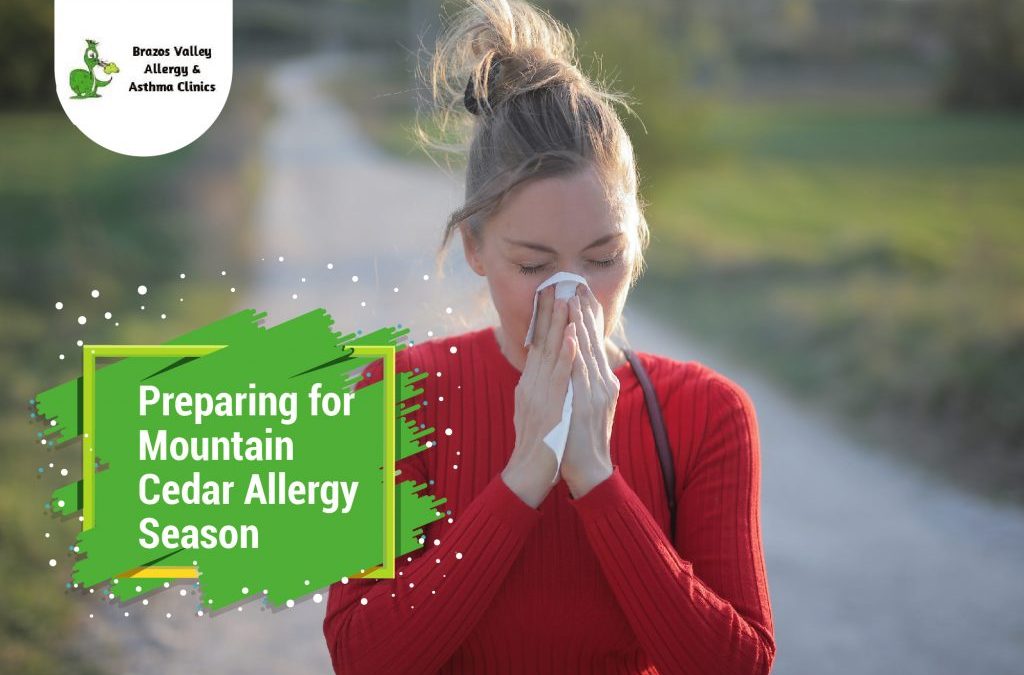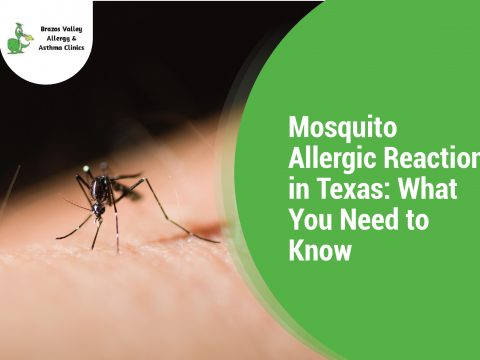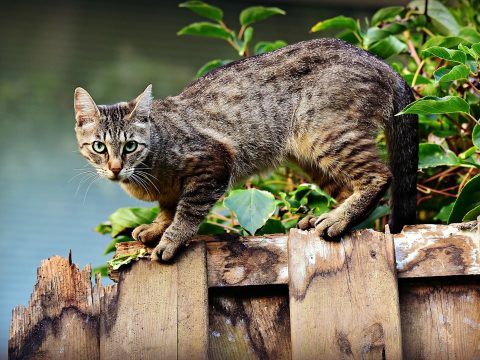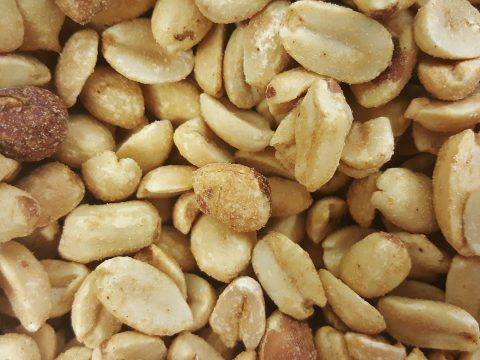- 979-485-9287
- office@bvallergy.com
-
 979-251-7804
979-251-7804
Preparing for Mountain Cedar Allergy Season

Ways to Prepare Yourself for Winter Allergies
November 18, 2020
Is COVID-19 Vaccine Safe for People With Allergies?
February 19, 2021Overview
As the weather changes come to a change in the allergens that fill the air. Around this time, Mountain Cedar is one of the most potent allergens in Central Texas. This season typically lasts from December to February. And because cedar pollen can easily be swept by the wind, many people find themselves sneezing and coughing. Cedar flares every year, and for some Texan residents, they just can’t avoid it.
Mountain Cedar Allergy Symptoms
When you accidentally inhale cedar pollen, it can cause an inflammatory response in your body. Causing you to experience some unpleasant allergic reactions. If you’re one of those unlucky people who have Mountain Cedar allergy, you might come across the following symptoms:
- Sneezing
- Coughing
- Sore throat
- Runny nose
- Fatigue
- Itchy, burning, or watery eyes
- Itchy sensation in the skin
- Headache
- Nasal blockage
Some symptoms of mountain cedar allergy are similar to cold. Many people would assume that these symptoms are because of it, but the lasting symptoms along with the pollination season would prove otherwise. When the symptoms persist, immediately consult your doctor.
Ways to Prepare for the Mountain Cedar Season
To best prepare yourself for the Mountain Cedar season, here are some of the things you can do:
-
Purchase allergy medications in advance.
Healthcare providers recommend people who have cedar allergy to purchase antihistamines and nasal steroid sprays before the season begins. It is to ensure that whenever your allergy symptoms are acting up, you can immediately start taking your medications.
-
Make sure to not invite cedar into your home.
Once the mountain cedar season begins, it is also important to reduce your pollen exposure. But sometimes, it’s easy to forget how pollen can stick to your body or clothes. When you get home, change your clothes and wash your hands and face. Your clothes should immediately be discarded to your hamper to avoid the spreading of pollen on the other parts of your home.
-
Keep the windows and doors closed.
Keep the doors and windows at your home closed, especially during the peak season where the pollen count is extremely high. This is to avoid cedar pollen from entering your home.
-
Change your filters regularly.
Change your air conditioning filters at least a few times a year. It is even better to have a HEPA filter to help filter the pollen even more. They eliminate 99% of allergens in a given area in your home.
-
Bathe pets regularly.
If you have pets and you allow them to play outside, wipe off their paws and give them a quick brush. Bathe your pets more often if they remain outdoors for long periods.
Conclusion
Dealing with Mountain Cedar allergy can sometimes be inconvenient. If you’ve taken the proper preparation to help you deal with your allergy and you still have no long term relief, then it’s time to do something more about it.
Dr. Paul Jantzi is a board-certified allergist and immunologist, providing allergy treatments in Texas. Schedule a meeting with him and let him help you with all of your allergy and asthma-related issues.




